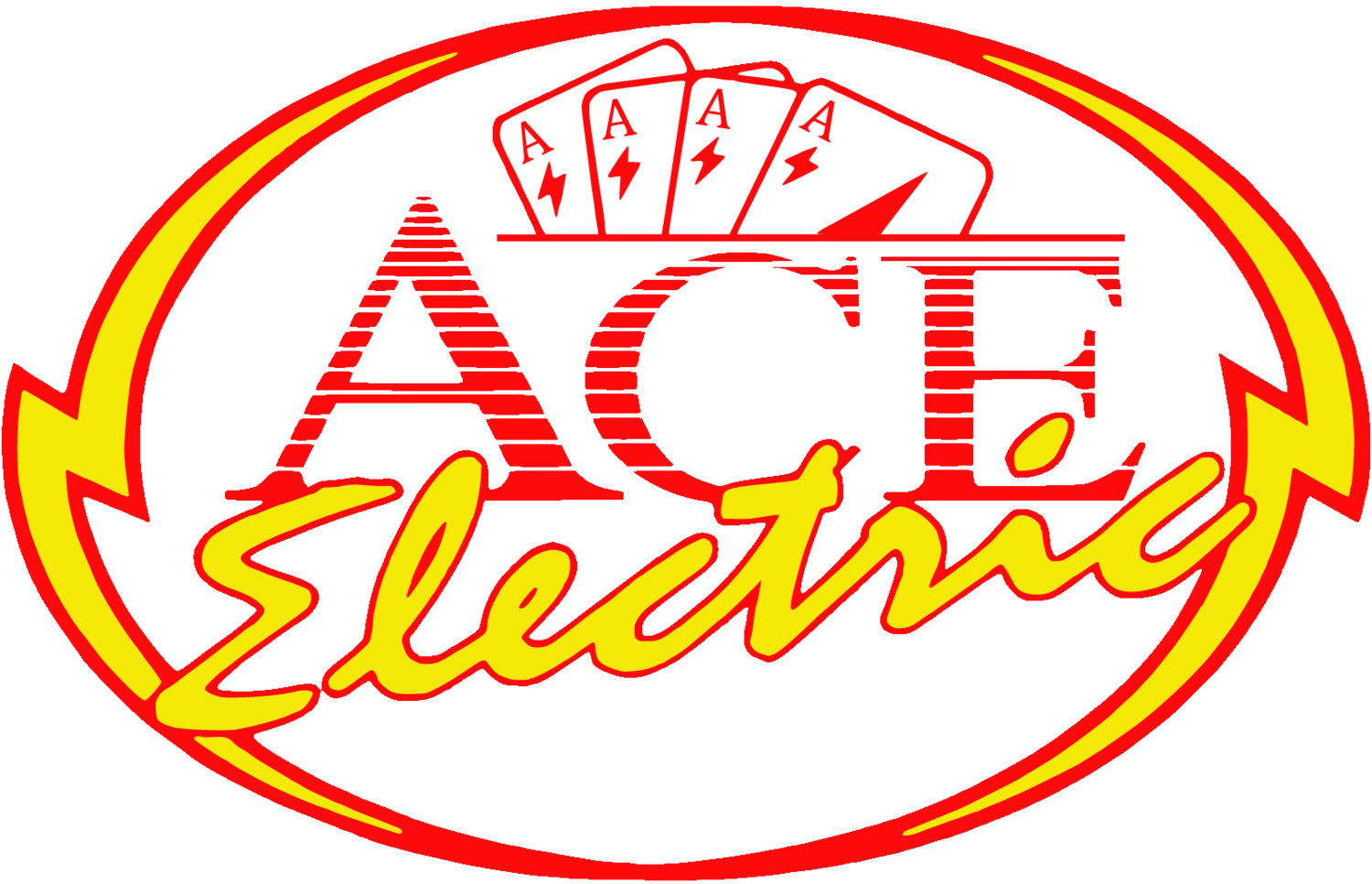Dear Electrical Contractor:
1. My outdoor GFI receptacles keep tripping because water is getting in them. How do I fix this? Closeable covers should be installed on all outdoor receptacles that might be exposed to weather conditions.
2. Is there a way to protect my children/grandchildren from sticking things into the electrical outlets? Yes, you can have tamper resistant outlets replace your existing outlets easily.
3. My bathroom outlets, or outside outlets, are not working. HELP! It sounds like your GFI outlet needs to be reset. Most commonly, you would find the GFCI outlets in your garage or bathroom. Simply press the button that says “reset” and that should get you running again. If that doesn’t work, call us. Your GFI outlets should be tested periodically by pushing the test button. If it isn’t working properly the reset button will not pop out. Be sure to have any non-working GFIs replaced.
4. My recessed cans keep shutting off and coming back on by themselves. Why are they doing this, and what can I do to fix it? This happens when the recessed can gets overheated. When they overheat they shut off and they turn back on when they become cool enough. There are one of two reasons this is happening. The wattage of the bulb is too high for the can. Replacing it with a lower wattage will stop it. If that is not the problem chances are you recently had insulation installed in your attic and the installer did not protect your recessed cans from being covered with insulation. Removing the insulation from the can will fix the problem.
5. Is aluminum wiring dangerous? Maybe. The problem with aluminum wiring is that, while it is an electrical conductor, it does not conduct in the same way as copper. Because of that, breakers need to be sized differently. Many companies will install electrical appliances such as air conditioners, dryers, or refrigerators, which all use copper. They are unaware of the amperage differences and do not take it into consideration when installing your appliances. Aluminum is also more corrosive than copper and needs to be tightened periodically as well as have anti-corrosive paste applied on the conductors. Many insurance companies are requiring that aluminum wiring be replaced with copper in order to continue to insure your home.
6. Do breakers go bad? Yes, they do go bad. The most common reason for them to go bad or burning is a loose breaker or wire connections in your electrical panel. You can check by running the palm of your hand on your breakers to feel for heat. Breakers should not be hot. If they are hot call a licensed electrician.
7. My handyman told me that he can add an outlet or light fixture for me. Is that true? Handymen can do a lot of things, and are a great resource, however, they are not educated in proper wire installations, and supports required for particular items such as fans and heavy light fixtures. If your home is damaged it is unlikely that your homeowner’s insurance will pay for the damages if you did not have a licensed electrician performing the work.
8. My partner/spouse says that we should not hang Christmas lights this year because they keep getting wet and the GFIs keep tripping. How can we fix this? Duct tape applied to all of the connections and covering the opening of the final cord will prevent moisture from getting in.
9. Why does my breaker trip when I try to blow-dry my hair? Many of today’s hair dryers are 1875 watts. That translates into 15.6 amps. Older homes are wired on 15 amp circuits and this creates an overload. A simple solution is to get a smaller hair dryer. Another solution is to add a 20 amp circuit to accommodate your hair dryer.
10. I saw an ad with another electrical contractor for an electrical maintenance program. Do I need something like that? There are only a few things that can be checked in your home for problems. One is loose connections in your breaker panel and you can do that because typically a loose connection will create heat and that can be checked by running the palm of your hand over your panel to feel for heat. Another problem would be loose connections in a receptacle or switch. To detect that problem, each individual receptacle and switch box through your entire electrical system, needs to be opened to find loose connections. Is this included in the maintenance agreement? Most problems will manifest themselves when the problem occurs. If this is a concern of yours then inspections of your electrical panel and your larger appliance circuits can be done relatively inexpensively with your current licensed electrician.
11. How can I get my question answered? Send your questions to us through the contact us page. If your question is simple enough to answer here we will. If it a complex question or a serious problem we will call you.
